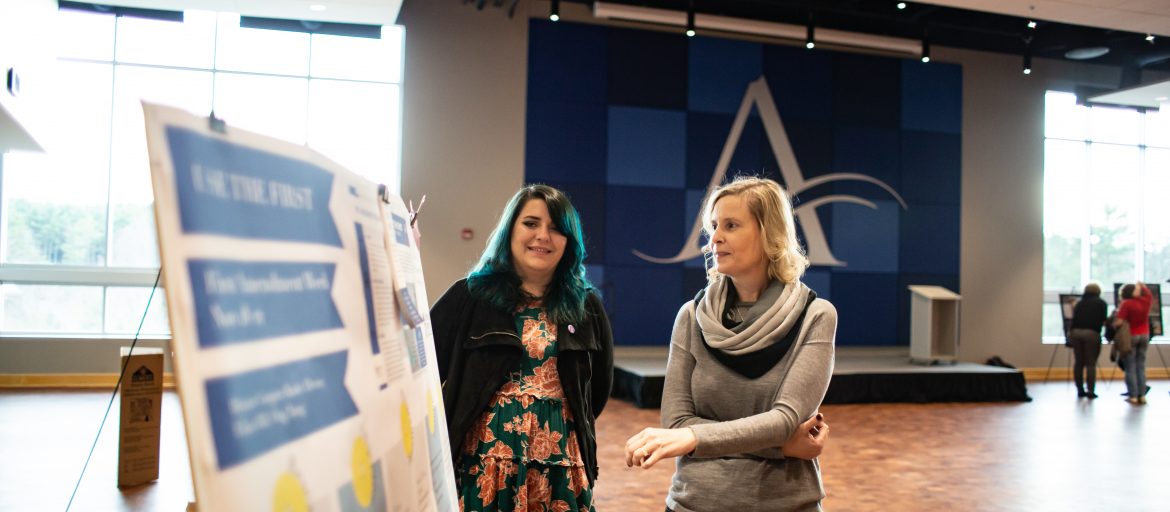Abstract
In 2009 the Behavioral Risk Factor Surveillance System issued results on fruit and vegetable intake in North Carolina, reporting that 30% of individuals in Buncombe County consumed less than three servings of fruits and vegetables per day, with only 32% meeting the Recommended Daily Intake of five or more. Despite the major role Buncombe County's farms and markets play in food production for the United States, there are still barriers to accessing healthy, unprocessed foods for local individuals and there is a need for creative solutions for supporting farm-to-table programs. The current research project posed the question "What type of social business model may reduce economic barriers to access to healthy foods, specifically at local tailgate markets?" As of June 2012, in Buncombe County North Carolina, 39,454 individuals participated in the Food and Nutrition Services (FNS), established to help eligible low-income household families purchase the foods they need for a nutritionally adequate diet. Despite assistance from FNS, access to local food options like farmer's markets is limited when markets are not equipped to accept Electronic Benefits Transfer (EBT) provided by the FNS program. Access to these local food sources has potential to increase fruit and vegetable intake of Buncombe county individuals participating in FNS, but first a sustainable advantageous model of EBT use at farmer's markets is needed. In order to determine a viable model, this project utilized a literature review and social and market analyses to determine an appropriate solution. The research results suggest that implementation of a Friends of Western North Carolina Markets Membership and Farming Class Programs would provide financial support for EBT programs at farmers markets throughout the Asheville area. Memberships are purchased in return for benefits such as program bumper stickers, recognition in the local paper, and handouts about local farmers. Farming classes, tailored directly toward planting in Western North Carolina, would be available online with an associated downloading fee or one-time cost for full access to the video library. The profits from both of these programs would be used to support the implementation of EBT systems.
How to Cite
Murphy, H., (2013) “Friends of WNC Farmer's Markets Membership and Farming Class Programs: A Social Business”, Capstone, The UNC Asheville Journal of Undergraduate Scholarship 26(1).
50
Views
87
Downloads
